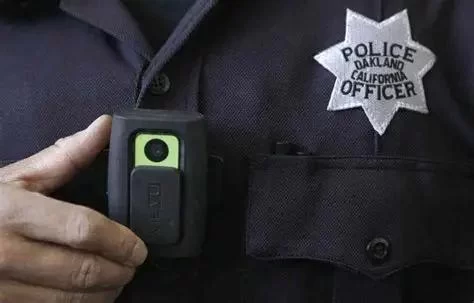
- 1-Understanding-Police-Body-Camera-Laws
- 2-Conflicts-in-Access-to-Body-Camera-Footage
- 3-Real-Cases-Highlighting-Access-Issues
- 4-Legal-and-Ethical-Challenges
- 5-How-ESPLawyers-Support-Body-Camera-Disputes
1. Understanding Police Body Camera Laws
Police body camera laws have been established to promote transparency and accountability within law enforcement agencies. These laws dictate when and how body cameras should be used, the retention period for footage, and rules regarding who can access the recordings. The primary goal is to build public trust while protecting privacy and ensuring effective policing.
Different states and municipalities implement these laws with varying degrees of strictness and scope. While many agencies require officers to activate body cameras during interactions with the public, the exact circumstances and policies can differ widely.
1.1 Purpose and Benefits of Body Camera Legislation
Body camera laws aim to provide objective records of police encounters, which can help resolve disputes, support investigations, and enhance officer conduct. By offering an unbiased perspective, these laws seek to balance the interests of law enforcement and the public.
2. Conflicts in Access to Body Camera Footage
Despite the transparency goals, conflicts frequently arise over who has the right to access body camera footage. Law enforcement agencies often cite privacy concerns for officers, victims, and bystanders to restrict release. Conversely, activists, journalists, and citizens push for greater public access to hold police accountable.
2.1 Legal Barriers and Privacy Considerations
Access conflicts revolve around balancing transparency with privacy rights. Laws typically restrict disclosure of footage involving minors, victims of sensitive crimes, or ongoing investigations. These restrictions can frustrate public demand for openness, fueling debates about government transparency.
2.2 Variation in State and Local Policies
Another challenge is the inconsistency in policies across jurisdictions. Some areas have proactive disclosure laws mandating public release of footage unless specific exemptions apply, while others maintain more restrictive access rules, complicating public understanding and expectations.
3. Real Cases Highlighting Access Issues
A notable example occurred when footage of a controversial police encounter was withheld for months, igniting public protests and calls for reform. The delay raised questions about the adequacy of existing body camera laws and the need for clearer guidelines on access.
3.1 Impact of Delayed or Denied Access
Such cases illustrate the tension between protecting investigative integrity and ensuring accountability. Delays can erode public trust and hinder timely justice, emphasizing why balanced, transparent policies are critical.
4. Legal and Ethical Challenges Surrounding Body Camera Access
Beyond access disputes, body camera laws present complex legal and ethical dilemmas. For instance, determining who qualifies as a “public interest” requester and establishing standards for redaction to protect privacy require nuanced legal interpretation.
4.1 The Role of Courts and Legislatures
Court rulings and legislative amendments continue to shape the landscape of body camera access. This evolving framework reflects society’s ongoing effort to balance competing interests fairly and transparently.
5. How ESPLawyers Can Assist with Police Body Camera Access Issues
When conflicts arise over access to police body camera footage, ESPLawyers provides expert legal support. Their team helps navigate complex laws, advocates for clients’ rights, and offers strategic advice tailored to each case.
Whether you are seeking access to footage, defending privacy interests, or involved in litigation related to body camera disputes, ESPLawyers ensures your concerns are addressed with professionalism and expertise. For guidance on police body camera laws and conflicts in access, ESPLawyers is a trusted resource.








